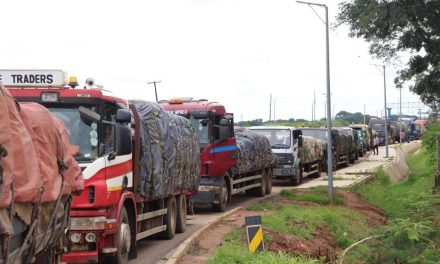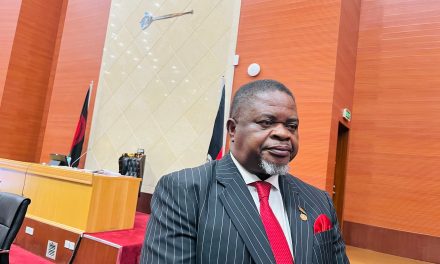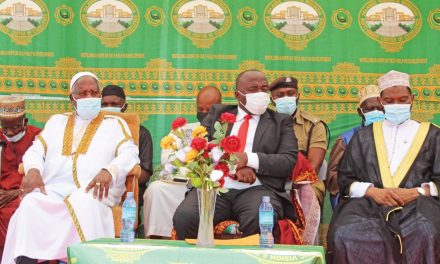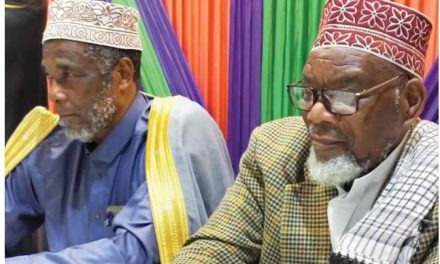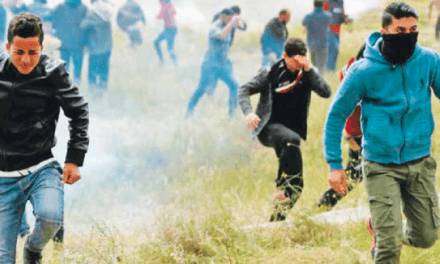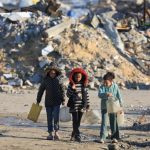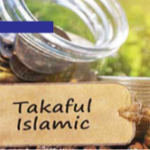
Palestinian Refugees in Jordan Fret Over UNRWA’s Fate and Their Own.
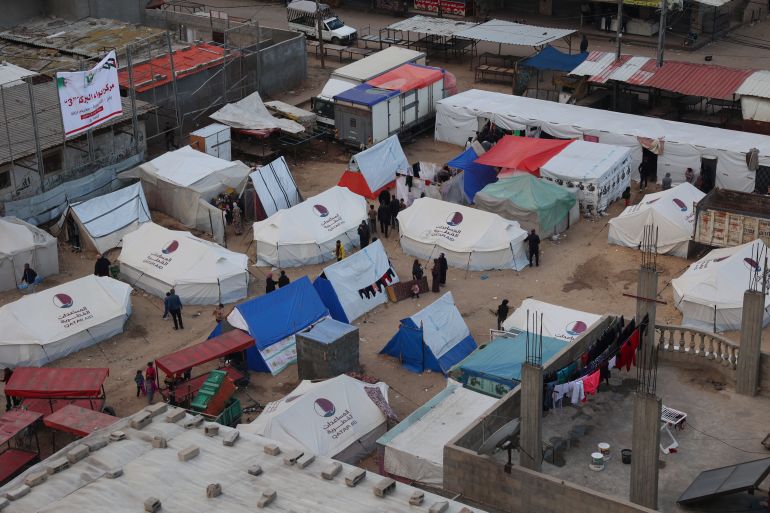
Amman, Jordan – Najwa Rabaia, a hard-working, gregarious nurse with a reassuring bedside manner, patiently administers vaccines to a three-year-old girl at a busy antenatal ward.
Her assistant holds the reticent child on a hospital bed, allowing Rabaia to swiftly administer one vaccine in her arm before turning her for another injection in the leg and eventually scooping her into the arms of her doting mother, Amira.
“Here, we’re like family,” Rabaia says, pointing at Amira. “I have known the children I treat here all their life.”
She shoots a knowing glance at Amira and said, “Sometimes the parents forget about their appointments; I had to remind Amira to come three times” her scolding tone softened by a warm maternal grin.
Outside the room, dozens of Palestinian refugees wait in the busy UNRWA health centre next to one of the agency’s schools.
The centre lies at the heart of the Amman New Camp (ANC), known locally as Wihdat, one of four camps set up after the 1948 Nakba to house tens of thousands of Palestinian refugees violently expelled from their homes to make way for the establishment of the state of Israel.
UNRWA does not control the camp. Instead, it lives in symbiosis with it, employing many of its residents who in turn rely on the agency to provide services such as education, healthcare and waste management.
The agency operates in five locations where there are Palestinian refugees; Gaza, the occupied West Bank and occupied East Jerusalem, Jordan, Lebanon and Syria.
To provide for the needs of the hundreds of thousands of refugees it supports, it relies on contributions from countries and individuals.
It may not be able to do so much longer as Israel seems to have launched a campaign against it as it continues its assault on the Gaza Strip.
In late January 2024, Israel accused 12 UNRWA workers from Gaza of involvement in October 7 attacks on southern Israel by the Qassam Brigades and other Palestinian armed groups.
The UN Office of Internal Oversight Services immediately launched an investigation, and 10 of the accused staff members had their contracts suspended; two had already died, likely in Israel’s onslaught on Gaza.
UN investigators have not received any evidence from Israel to support the claim.
However, the international response was swift, with 16 donors suspending their funds to the agency.
The withdrawal of funds could have severe consequences for Palestinians in the Gaza Strip, where conditions have become so dire that children are dying from malnutrition and dehydration.
Some countries have resumed funding since then, including Canada which stated that it would increase its contribution, but UNRWA’s financial situation remains precarious as the bulk of its funds is missing.
Two key contributors, the United States which contributed $422m in 2023 and the United Kingdom which contributed about $109m for 2023 – 24 have yet to resume payments.
Starvation in Gaza, lost futures elsewhere
Since Israel began its relentless bombardment of Gaza on October 7, the entire population has relied on aid, mostly through UNRWA, for necessities, including shelter, food, water and hygiene.
UN Secretary-General Antonio Guterres has urged countries to rethink their decisions to withdraw funding, stressing that UNRWA is “the backbone of all humanitarian response in Gaza.”
However, the withdrawal of funds will affect more than the urgent needs of the Gaza Strip.
Jordan is the largest of the five fields in which UNRWA works, supporting more than one million Palestinian refugees across the kingdom.
It says it has 25 health centres in Jordan, doing 1.6 million annual medical consultations.
“Our approach is primary healthcare, which aims to prevent diseases, not just treat them,” Dr Salam Ghanem, the experienced, articulate head of the ANC health centre, says as he winds his way through a web of beige corridors.
The centre serves about 43,000 patients, which means a cut in funding could have a serious effect, not just on ongoing treatment but also on the prevention of health issues, especially among young mothers and babies.
Instead of a cut in funding, if anything, the health centre needs more money to deal with increased demand after the COVID-19 pandemic, he explains in a frustrated tone.
In the 10 official camps across Jordan, UNRWA also provides waste management services for more than 400,000 refugees, which is essential in preventing disease.
The UNRWA operates 161 schools, serving more than 100,000 students in Jordan.






